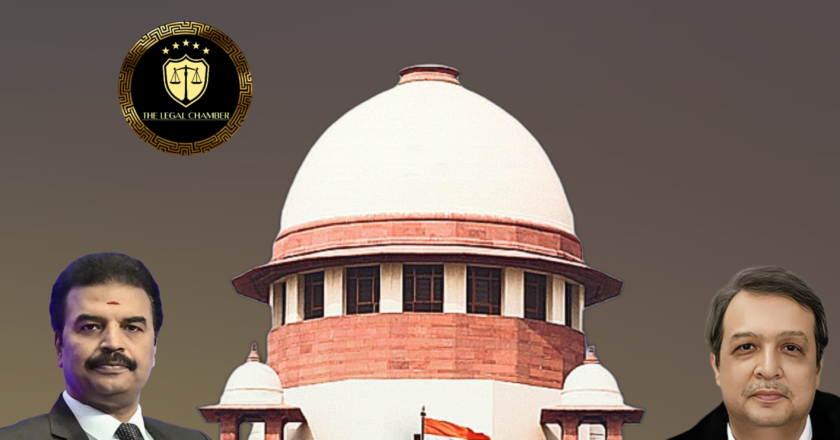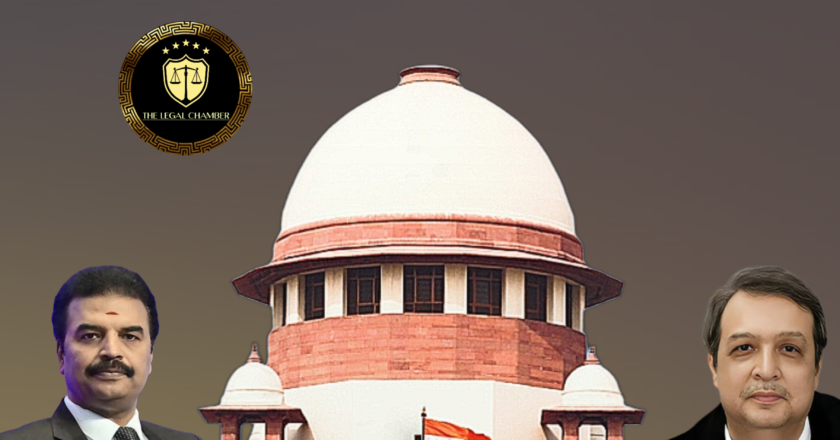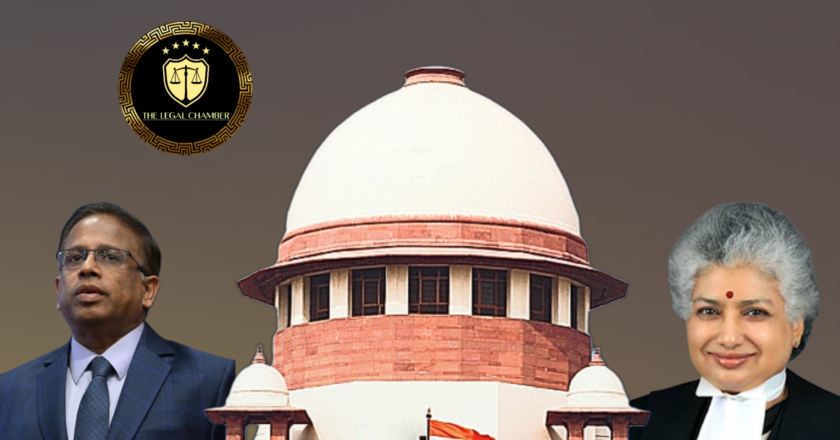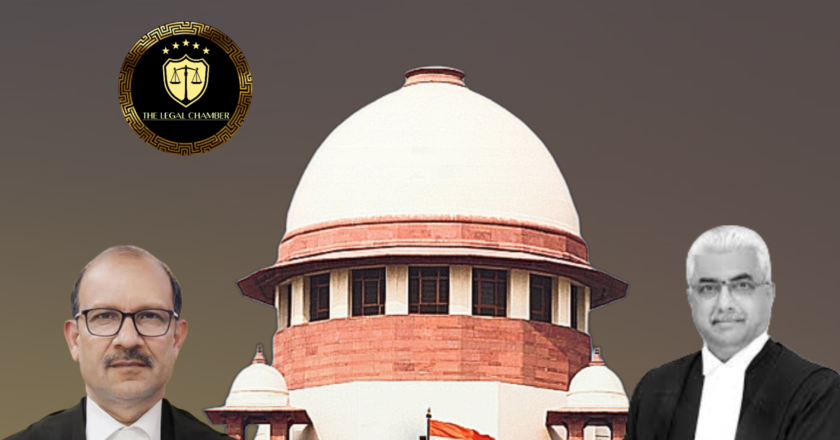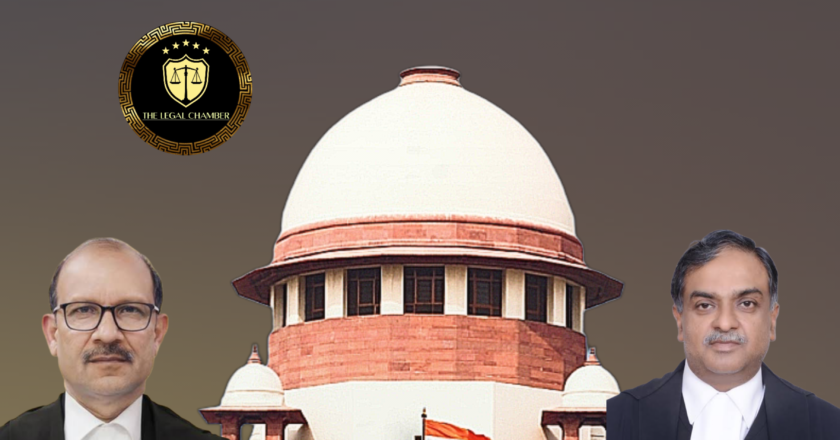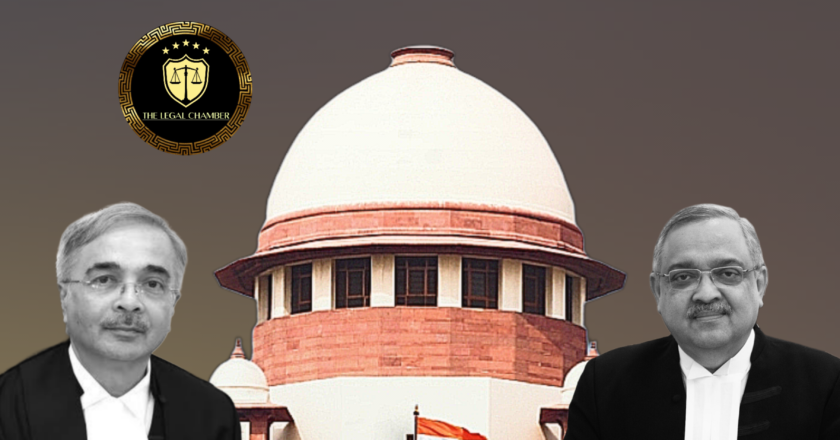Supreme Court Clarifies Slum Laws: Landlords Get First Right to Redevelop Their Property
This Supreme Court judgement affirms that landowners possess a preferential right to redevelop their property declared as a Slum Rehabilitation Area under the Maharashtra Slum Areas Act, 1971. The Court held that the Slum Rehabilitation Authority must formally invite the landowner to submit a rehabilitation scheme. The power of the State to acquire the land under Section 14 of the Act is subject to this preferential right and cannot be exercised before this right is legally extinguished.
Facts Of The Case:
The case concerned a land dispute in Mumbai, where Indian Cork Mills Private Limited (ICM) was the owner of a plot that had been encroached upon by slum dwellers. A portion of the land was declared a slum area in 1979, and later, in 2011, the entire plot was declared a Slum Reh...


